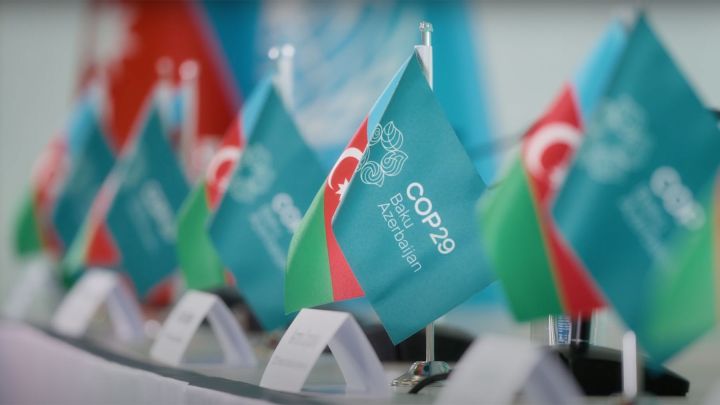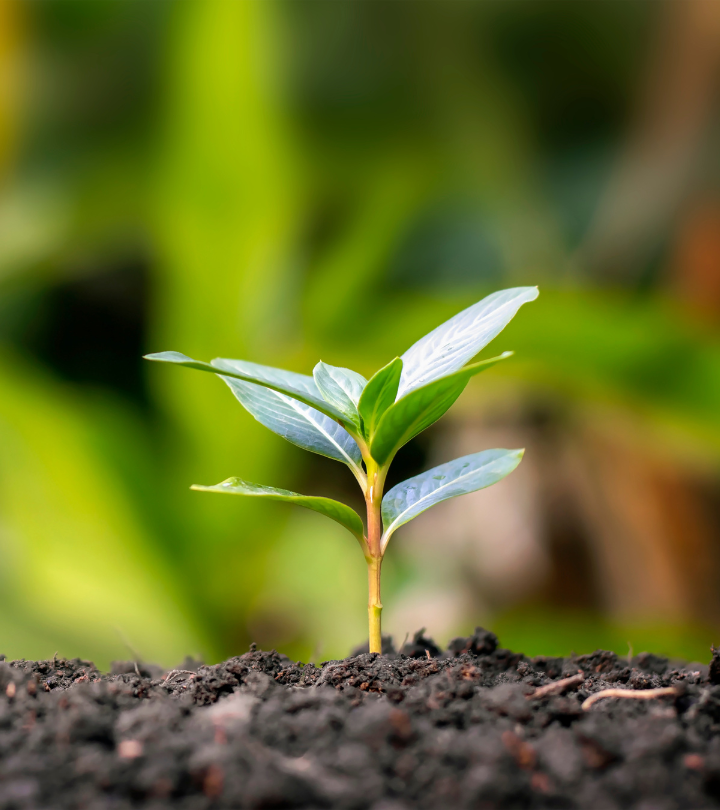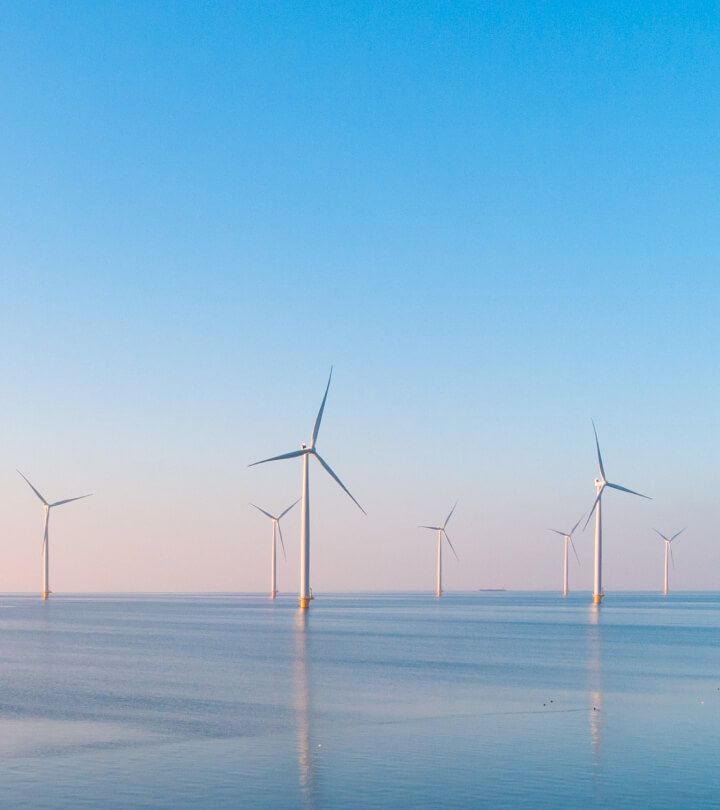Abu Dhabi Sustainability Week (ADSW), held from January 12 to 18 at the Abu Dhabi National Exhibition Centre and with related events throughout the Emirate, highlighted the UAE’s leadership in sustainability and provided a dynamic platform for global stakeholders to unite, innovate, and take decisive action towards a more sustainable future. ADSW served as an important catalyst for collaboration among industry, civil society, and government and momentum on climate action following COP29, setting the stage for impactful solutions in the year ahead.
ADSW events brought together world leaders, policymakers, and sustainability advocates to explore transformative solutions for a greener future. Her Highness Sheikha Shamma bint Sultan bin Khalifa Al Nahyan, President and CEO of UAE Independent Climate Change Accelerators (UICCA), played an active role in discussions throughout the week, showcasing her dedicated leadership on climate action in Abu Dhabi and beyond.
Advancing Carbon Markets
As the UAE accelerates efforts to meet its Net-Zero 2050 commitment, the role of carbon markets and sustainable finance has become increasingly critical. At ADSW, the UAE Carbon Alliance panel showcased opportunities and challenges in scaling carbon reduction projects and fostering a high-integrity carbon market ecosystem. The UAE Carbon Alliance founded by TAQA, Masdar, Mubadala and FAB aims to create a thriving, transparent, and reliable carbon market ecosystem that supports the country’s net-zero ambitions. Through its three workstreams, Education and Awareness, Demand Aggregation, and Policy Advocacy, the Alliance supports corporate engagement investments into carbon offset initiatives. At ADSW, the Alliance reinforced its commitment to advancing market-based climate solutions and sustainable finance through research, advocacy, and cross-sector collaboration where key milestones and the future roadmap for the UAE Carbon Alliance were discussed during the panel. Joined by the Alliance’s Founding Members from TAQA and Masdar, the panel explored the UAE’s potential to lead in carbon market development, underscoring the importance of establishing a regional carbon trading mechanism, reducing the costs of measurement, reporting, and verification (MRV) systems, and setting a clear price on carbon.
Scaling Climate Finance
Sustainable finance was another key focus at ADSW, with UICCA driving discussions on the evolving green finance landscape. At the Green Finance Conference at the World Future Energy Summit (WFES), industry experts addressed critical issues such as the supply-demand gap in sustainable finance, managing financed emissions, and leveraging innovative financial instruments to scale climate investment. Despite significant growth, where global climate finance more than doubled from USD 674 billion in 2018 to over USD 1 trillion in 2021, current investments remain insufficient. A 2024 Climate Policy Initiative report emphasised the urgency of accelerating finance flows, highlighting that a fivefold increase is required to bridge the gap and reach the USD 7.4 trillion needed annually through 2030 under the 1.5°C scenario.
Building on its 2024 research on blended finance, UICCA played a key role in shaping discussions on regional green finance initiatives. At ADSW, UICCA hosted a fireside chat with HSBC and Mubadala on the role of Sovereign Wealth Funds (SWFs) in climate finance, highlighting their unique ability to invest in long-term, illiquid assets, making them well-positioned to drive green capital flows. The discussion underscored the importance of stronger financial models, better data infrastructure, and innovative financial instruments, particularly in Islamic finance, to mobilise climate investments at scale. Through research-driven advocacy, UICCA continues to shape policy and financial frameworks that drive the sustainable growth of the green economy.
Transforming Waste Management
At the Waste to Zero panel, held in partnership with Tadweer Group and the Ministry of Climate Change and Environment during the EcoWASTE Conference, part of the World Future Energy Summit (WFES), the importance of the Waste to Zero initiative was reiterated. Launched at COP28 in the UAE, this initiative highlights the critical role of the waste management sector in keeping global warming below 1.5 degrees Celsius, in line with the Paris Agreement.
UICCA and Tadweer Group launched a new phase of the Waste to Zero Initiative at COP29 in Baku, Azerbaijan. The Initiative will focus on transforming waste management into an opportunity for implementing circular economy principles including emissions reduction, waste reduction, and recycling, encouraging technological innovation that treats waste as a valuable resource, and tackling climate change.
The problem Waste to Zero confronts is clear: the waste sector produces more than 3 percent of global greenhouse gas (GHG) emissions, and each year, over 2 billion tonnes of waste are generated globally. Much of this waste ends up in landfills, contributing to GHG emissions—including 20 percent of potent methane emissions—or is openly burned, producing air pollution that is harmful to human health and the environment. When waste is disposed of, potentially valuable resources are squandered, despite promising innovations that can turn waste into new products and even cleaner-burning fuels.
If you’re interested in joining us in tackling these pressing challenges, contact us to get involved in the Waste to Zero Initiative—we are always seeking more partners who are ready to cut waste sector emissions and elevate the opportunity waste decarbonisation presents for the growing green economy.
Strengthening Strategic Partnerships
A key objective for the UICCA at ADSW was to showcase the organisation’s initiatives, forge new partnerships, and build on the momentum towards driving climate action in the UAE. A few highlights include:
1. UICCA Launchpad Showcase
UICCA showcased its Launchpad Programme and its role driving climate innovation during a presentation at the Pathways to 1.5C Conference. UICCA stressed the role of collaborative ecosystems for advancing climate tech and achieving sustainability goals. Visit our website to learn more about the Launchpad Programme, which provides tailored support to accelerate startups’ work to scale and succeed in the UAE and beyond.
2. Memorandum of Understanding with Hub71
UICCA signed a Memorandum of Understanding (MOU) with Hub71 to formalise our partnership to advance climate-tech innovation by sharing resources, providing mentorship, and fostering collaboration. Key initiatives under the partnership include sourcing and selecting qualified startups, attracting investors to boost funding, building global partnerships, and engaging in mutual community events. UICCA will provide subject matter expertise and mentorship, while both parties will collaborate on knowledge-sharing initiatives to strengthen Abu Dhabi’s climate-tech ecosystem.
Other Notable ADSW Highlights
During the ADSW Opening Summit, the concept of the "Nexus of Next” was introduced, emphasising the critical intersection of tradition and innovation in driving sustainable progress. A landmark announcement was shared on the launch of the world's first integrated renewable energy and battery storage facility located in Abu Dhabi.
This $6 billion project, a partnership between the Emirates Water and Electricity Company and Masdar, is designed to generate 1 gigawatt of uninterrupted clean power by combining 5.2 gigawatts of solar photovoltaic capacity with 19 gigawatt-hours of battery storage. Set to begin operations by 2027, this facility aims to provide continuous baseload renewable energy, addressing the challenge of intermittency in renewable power sources.
Additionally, BEEAH, a UAE-based environmental services company, specialising in waste management, and Masdar announced the expansion of the Sharjah Waste to Energy Plant, aiming to double its capacity. Waste-to-energy is a key technology for reducing greenhouse gas emissions in the waste sector. This initiative underscores the UAE's commitment to waste-to-energy solutions as part of its broader sustainability strategy.





